Description
Suminat 25 Tablet (Sumatriptan) – Migraine Relief Treatment
Suminat 25 Tablet is a specialized medication for acute migraine treatment, containing Sumatriptan as its active ingredient. This fast-acting tablet provides effective relief from migraine symptoms by targeting the root cause of migraine pain. It works by constricting dilated blood vessels in the brain and blocking pain pathways. Designed for use at the onset of migraine attacks, Suminat 25 helps prevent symptoms from worsening. While generally well-tolerated, some patients may experience temporary side effects like dizziness or drowsiness. This medication is not intended for migraine prevention but specifically for treating active migraine episodes.
Uses of Suminat 25 Tablet:
- Treatment of acute migraine headaches (with or without aura)
- Relief from associated migraine symptoms (nausea, photophobia)
Benefits of Suminat 25 Tablet:
Rapid Migraine Relief: Acts quickly to alleviate migraine pain and associated symptoms when taken at attack onset.
Targeted Action: Specifically works on migraine mechanisms by constricting dilated blood vessels and blocking pain signals.
Symptom Management: Helps reduce nausea, vomiting, and sensitivity to light/sound during migraine attacks.
Side Effects of Suminat 25 Tablet:
Common side effects: Dizziness, weakness, flushing (warmth/redness of face/neck), drowsiness, and peripheral neuropathy (tingling/numbness in extremities).
Serious side effects (rare): Chest pain, severe stomach pain, bloody diarrhea, significant blood pressure changes, or mood alterations including depression.
How to Use Suminat 25 Tablet?
Take at the first sign of migraine, swallowing whole with water. May be taken with or without food, but maintain consistent timing if using regularly. Maximum dosage should not exceed prescribed limits. Do not use to prevent migraines – only for active attack treatment.
How Suminat 25 Tablet Works?
Suminat 25 Tablet contains Sumatriptan, a selective serotonin receptor agonist. It relieves migraines through three key actions: constricting dilated blood vessels in the brain, blocking pain signal transmission in trigeminal nerve pathways, and inhibiting release of inflammatory neuropeptides that cause migraine symptoms.
Safety Advice:
- Alcohol: Avoid – may increase drowsiness
- Pregnancy: Generally unsafe – consult doctor
- Breastfeeding: Safe if prescribed – minimal breastmilk transfer
- Driving: Avoid if experiencing drowsiness/dizziness
- Heart Conditions: Contraindicated in many cardiovascular diseases
- Liver/Kidney Impairment: Requires caution and possible dose adjustment
What If You Miss a Dose?
Since Suminat is taken as needed for migraine attacks, there’s no fixed dosing schedule. If you forget to take it when an attack begins, take it as soon as remembered unless the migraine has already subsided.
Drug Interactions:
Significant interactions with: MAO inhibitors (Tranylcypromine, Selegiline), other triptans, SSRIs/SNRIs, and ergot medications. Always disclose all medications to your doctor before starting Suminat.
FAQs:
Q1. When should I take Suminat 25 during a migraine attack?
Take at the very first signs of migraine for optimal effectiveness. Delaying may reduce its efficacy.
Q2. Can I use Suminat for migraine prevention?
No, it’s only for acute treatment. Preventive medications are different and should be prescribed separately.
Q3. What are the signs of Suminat overdose?
Overdose symptoms include fainting, dizziness, slow heartbeat, vomiting, and loss of bladder/bowel control.
Q4. Can Suminat affect my blood pressure?
Yes, it may increase blood pressure in some patients. Regular monitoring is advised, especially if you have hypertension.
Q5. Is migraine hereditary?
Migraines often run in families, with higher prevalence in women. Hormonal changes can influence frequency.
Q6. What are migraine warning signs (aura)?
Some experience visual disturbances (flashing lights, blind spots), tingling sensations, or speech difficulties before migraine onset.
Q7. Can I take other migraine medications with Suminat?
Never combine with other triptans. Consult your doctor before using with any other migraine treatments.
Q8. What triggers migraines?
Common triggers include stress, hormonal changes, sleep disturbances, certain foods/alcohol, sensory stimuli, and weather changes.

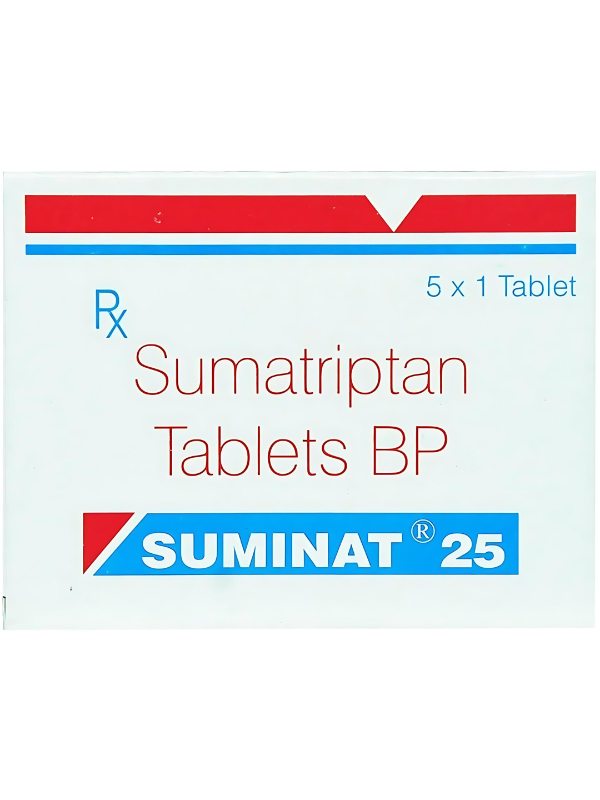
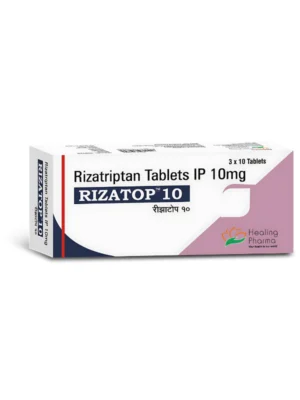

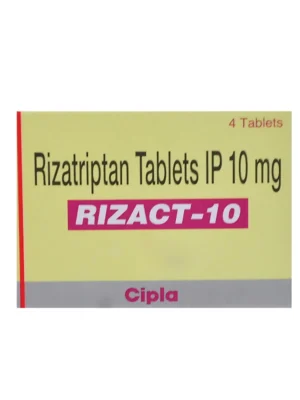

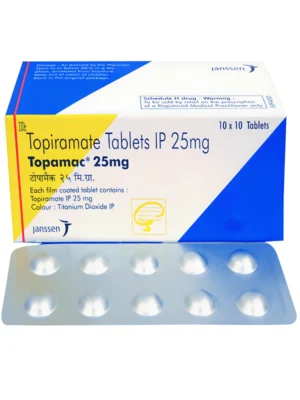
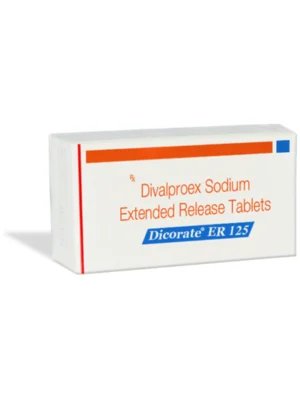
There are no reviews yet.